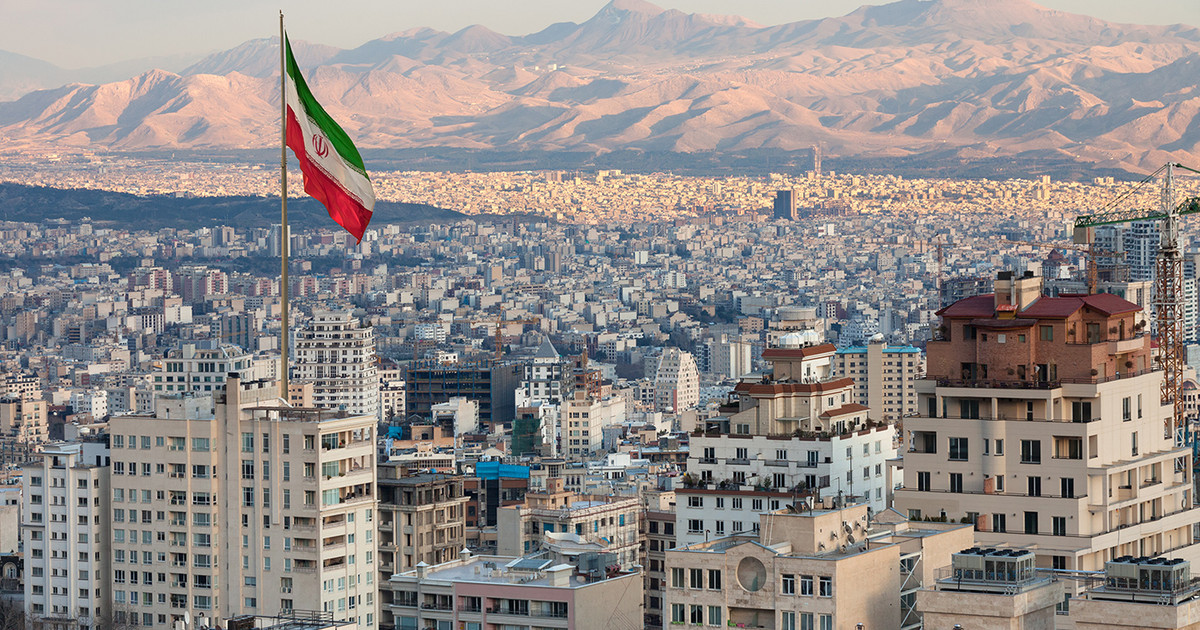After intense negotiations between the government and the opposition, the plenary of the Federal Senate approved this Thursday (30), the new version of the Proposed Amendment to the Constitution (PEC) on Fuels, which provides for the recognition of the state of emergency in 2022 in the country and a package of R$ 41.25 billion in aid.
The first round was approved by 72 to 1, with the only opposing vote being that of Senator José Serra (PSDB-SP).
All highlights have been removed. Thus, the senators proceeded to vote in the 2nd round, approved by 67 to 1. The matter is now being analyzed by the Chamber of Deputies.
The PEC creates an aid of R$1,000 for truck drivers and an as-yet-undefined aid to taxi drivers, in addition to expanding Auxílio Brasil to at least R$600 per month and the gas voucher to around R$120 each two months. These measures will be valid until December 31 of this year, according to the text.
The text also increases by R$ 500 million the budget for the Alimenta Brasil program, for the purchase of food from small producers and indigenous peoples, among others, by public bodies.
The impact of resources to fund these initiatives is estimated at R$ 41.25 billion, which will be outside the spending ceiling and the fiscal result target of the 2022 Budget Guidelines Law, according to the rapporteur, Senator Fernando Bezerra ( MDB-PE).
The government’s initial intention was to have voted on the PEC this Wednesday (29), but the consideration was postponed after requests from senators for more time to analyze the text.
This is because there were many complaints from the opposition to President Jair Bolsonaro (PL) about possible actions that the text would allow the federal government through the state of emergency.
The PEC recognizes a state of emergency in Brazil in 2022. The justification is the “extraordinary and unpredictable rise in the prices of oil, fuels and their derivatives and the resulting social impacts”. In practice, this was the alternative found by the federal government to avoid incurring possible electoral crimes because of the elections in October this year.
This is because the Electoral Law prohibits the free distribution of goods, values or benefits by the public administration, except in cases of public calamity, state of emergency or social programs already in place in the year prior to the election.
One passage provided that the PEC measures would not observe any restriction or legal prohibition of any nature. The opposition assessed that the section could give a “blank check” to the government to reallocate resources, advertise the benefits with the extra funds without respecting budgetary and electoral laws, and even enact a GLO (Law and Order Guarantee Operation). ) close to elections, for example.
After complaints and many negotiations, the circumstances and possibilities opened from the state of emergency were restricted by the rapporteur.
Throughout the week, the opposition came to criticize the measure of the state of emergency itself, even more so since at the end of April the Ministry of Health declared the end of the “Public Health Emergency of National Importance” caused by the Covid-19 pandemic. .
Understand what the new version of the approved Fuel PEC says:
1 – Increases the Auxílio Brasil benefit by BRL 200 between August 1 and December 31, 2022. Therefore, the amount of the aid must increase from BRL 400 to BRL 600 in this period.
The estimated cost of the measure is around R$ 26 billion by the end of the year. The government’s intention is to use this amount to eliminate the current list of beneficiaries, estimated at almost 1.6 million families.
2 – Increase the value of the gas voucher so that the equivalent of a cylinder is paid every two months, which should allow the aid to reach about R$ 120. Officially, an amount corresponding to another 50% will be given. the average national reference price for a 13 kg bottle of cooking gas (liquefied petroleum gas).
The measure will be valid between July 1 and December 31, 2022. The estimated value of the measure is R$ 1.05 billion. According to the rapporteur, 5.8 million families should benefit.
3 – Creates an aid of R$ 1 thousand for autonomous cargo carriers that were registered in the National Registry of Road Cargo Transporters until May 31, 2022, which should reach truck drivers, mostly. The aid will be granted between July 1 and December 31, 2022, should serve around 870,000 beneficiaries and has an estimated impact of R$5.4 billion.
4 – Creates an aid to registered professional taxi drivers, of a value yet to be defined. The total amount for this aid will be R$ 2 billion. The calculation of how much each taxi driver will receive and the amount of installments paid must be regulated by the Executive, considering the number of qualified beneficiaries.
The benefit will be granted between July 1 and December 31, 2022. To receive it, taxi drivers will need to present a document of permission to provide the service issued by the municipal or district government.
5 – Grants assistance of R$ 2.5 billion until December 31, 2022 to help pay for the right to free access to the elderly in urban, semi-urban and metropolitan public transport provided for in the Elderly Statute. The amount will be transferred to the Union, states, the Federal District and municipalities.
6 – Grants aid in the total amount of R$ 3.8 billion only to states and the Federal District that grant ICMS tax credits, tax on goods and products, to producers or distributors of hydrated ethanol in their territory, in an amount equivalent to the value Received.
The objective is to reduce the tax burden on the hydrous ethanol production chain, in order to maintain a competitive differential in relation to gasoline. The proposal allows that, until December 31, 2022, the rate of taxes levied on gasoline can be zeroed, provided that the rate of the same tax levied on hydrous ethanol is also zeroed. The aid will be given in five monthly installments of up to BRL 760 million each, from August to December 2022.
7 – Grants a budget supplement of R$ 500 million to the Alimenta Brasil Program.
vote against
In a social network shortly after the proposal was approved, José Serra justified the vote against saying that the PEC is a “fiscal bomb”, “violates the Fiscal Responsibility Law and breaks the spending ceiling”.
“The pretext was to defend those who need it most, but this should be done in another way. The government would send a bill and extraordinary credits, signaling control and governance. In fact, the ‘goods package’ is electoral, it only goes until December 2022 and compromises the future of public accounts ”, he wrote.
“Furthermore, the loss of fiscal credibility will stimulate inflation, higher interest rates and reduce the investments needed to generate employment and income, which is the most important policy to combat poverty that we have”, he added.
Initially, the PEC dos Combustíveis provided for financial compensation to states that had zero ICMS on fuel. However, over the course of the text, the government itself preferred to replace it with another PEC already presented by PSD senators, with a more benefit-oriented nature.
There were doubts about the effectiveness of the compensation to the states, since zeroing the ICMS did not guarantee that the effect would reach the pumps for the final consumer. The government also assessed that creating and expanding benefits would have a greater positive effect, especially in an election year.
Source: CNN Brasil
I am Sophia william, author of World Stock Market. I have a degree in journalism from the University of Missouri and I have worked as a reporter for several news websites. I have a passion for writing and informing people about the latest news and events happening in the world. I strive to be accurate and unbiased in my reporting, and I hope to provide readers with valuable information that they can use to make informed decisions.






